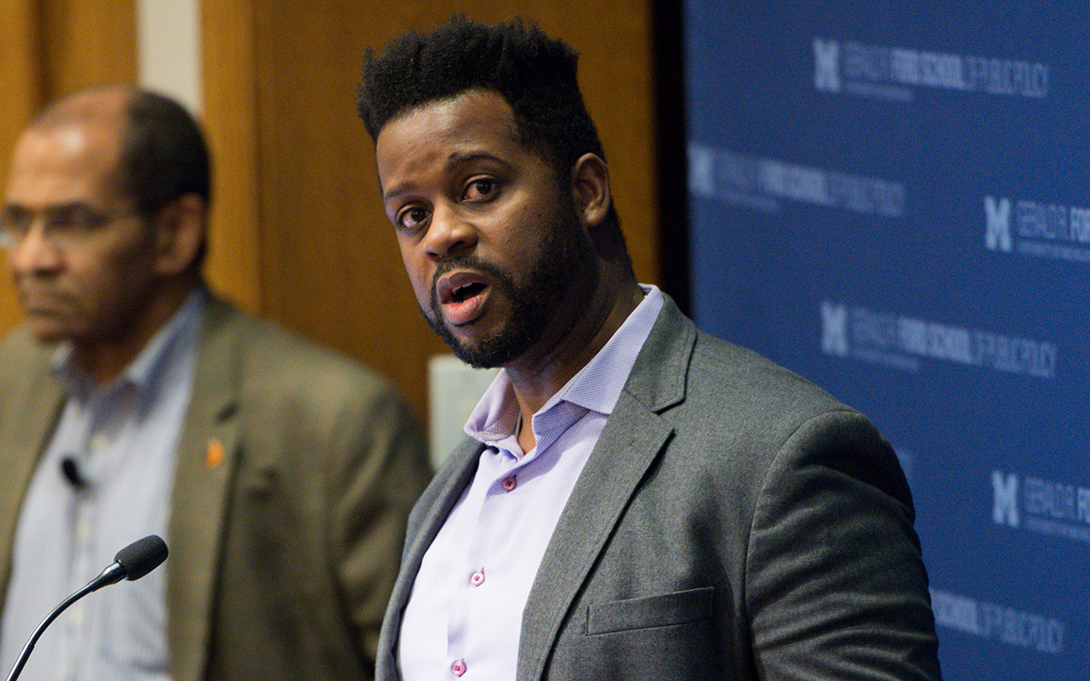
We’ve all heard the excitement (and apprehension) circulating around a future in which our cars drive themselves. While we are far from experiencing our morning commute a la the Jetsons, the potential for widely-circulated autonomous vehicles may be closer than expected, and part of the implementation might be thanks to designing a system similar to air travel control.
In Dana Afana’s February 8, 2019 MLive article, Ford School Professor Robert Hampshire, who is also a research associate professor in the UM Transportation Research Institute (UMTRI), asserts that "instantaneous crowdsourcing" could be a way for human decision-making to operate the vehilcle in the moments when the technology is not yet equipped to make a determination. Currently UMTRI is experimenting with instantaneous crowdsourcing. The project hopes to eliminate the need for a human driver when emergency scenarios occur that the vehicle itself cannot avoid. The human network could be based in control centers, and “can be far less costly than physically having a human driver in each vehicle.”
Given the approximation that “autonomous vehicles averaged one disengagement [emergency scenario] every 5,000 miles…you’d need around 50,000 to 100,000 employees, distributed city by city” according to Professor Hampshire, whose research bridges the gap between transportation technology and policy. "A network like that could operate as a subscription service, or it could be a government entity, similar to today’s air traffic control system,” he explained.
However, Hampshire says that given the complexity and stress of making decisions in such a system, “we’ll be looking at ways to make it less intense and mentally fatiguing.”
Read the full MLive article here. The story was also published by Futurity here.
The story was originally shared by Michigan News here.
Robert C. Hampshire is an associate professor of public policy at the Ford School, a research associate professor in both the U-M Transportation Research Institute's (UMTRI) Human Factors group and Michigan Institute for Data Science (MIDAS), and an affiliated faculty member in the Department of Industrial and Operations Engineering (IOE).